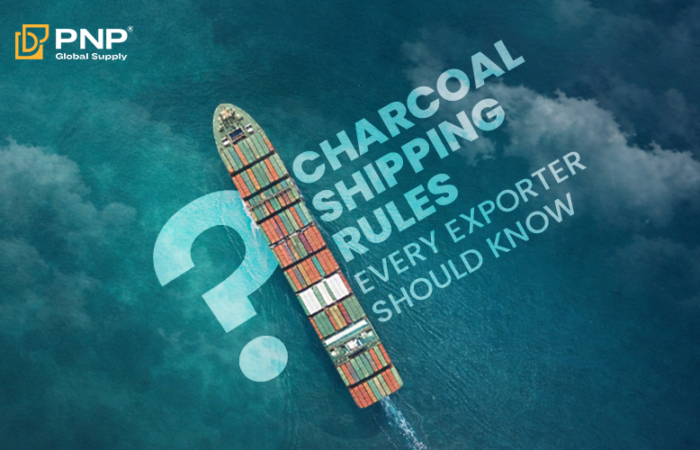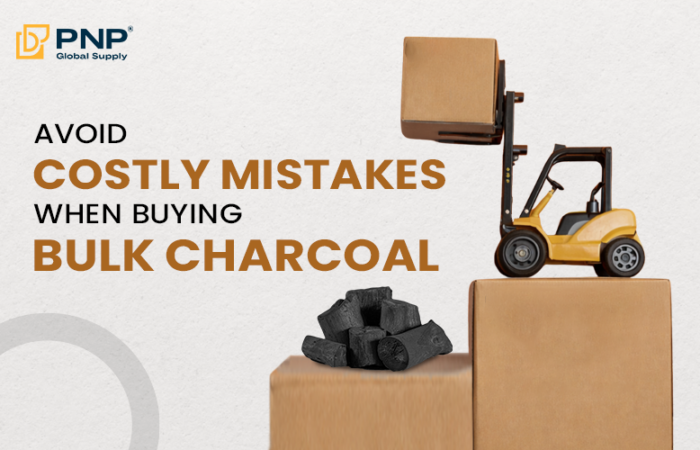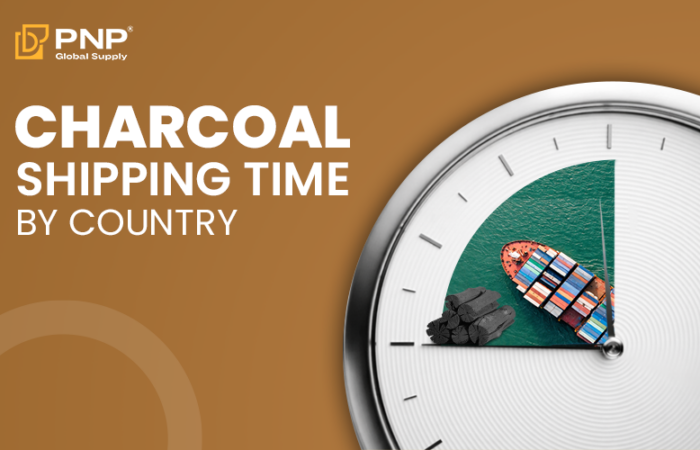When it comes to the global charcoal trade, understanding shipping terms like CIF and FOB can make a significant difference in pricing, logistics, and overall profitability. For charcoal importers who source from regions like Vietnam, Indonesia, or Africa, knowing which deal suits their business better is essential to maximizing value. This guide explores how CIF and FOB impact charcoal wholesale price, delivery control, and long-term supply efficiency — especially when working with Vietnamese charcoal factories and wholesalers.
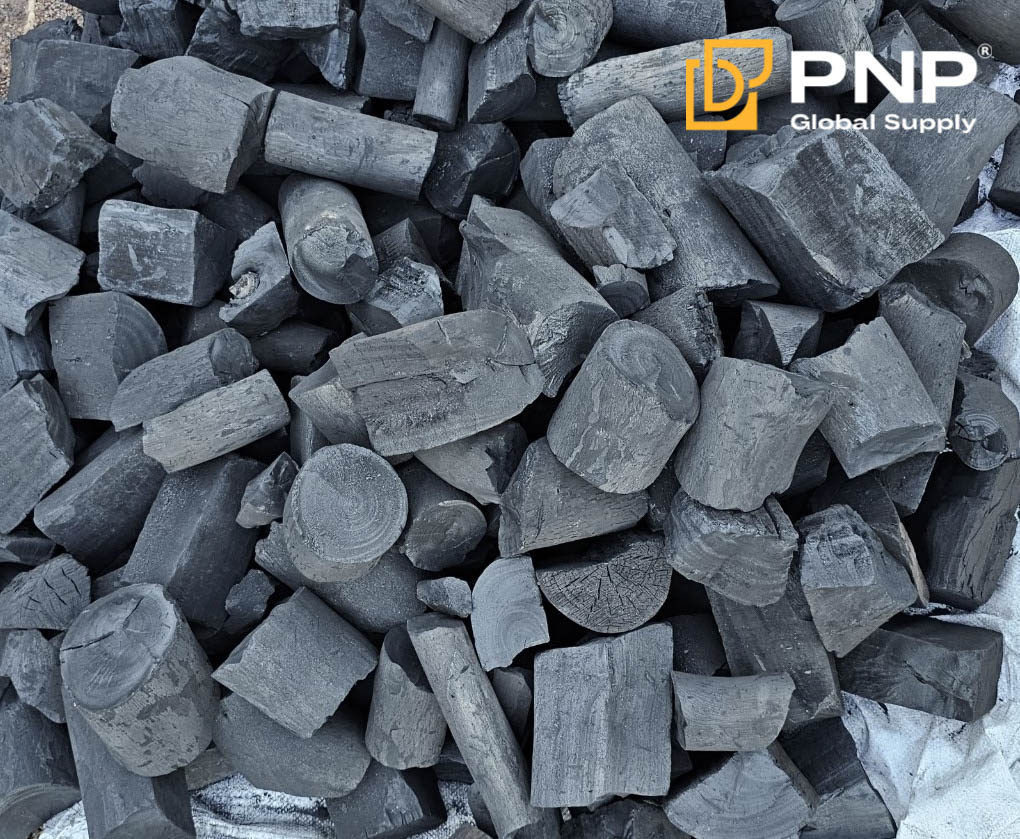
Understanding CIF and FOB in Charcoal Trading
In the international charcoal market, CIF (Cost, Insurance, and Freight) and FOB (Free on Board) are two of the most common Incoterms used by exporters and importers. These terms define the responsibilities of both buyer and seller in transporting goods.
Under CIF, the seller handles most of the shipping responsibilities. This includes paying for transportation, insurance, and freight until the goods reach the port of destination. For example, if a charcoal importer buys Vietnamese charcoal under CIF terms, the supplier in Vietnam will take care of shipping and insurance until the charcoal arrives safely at the importer’s local port.
On the other hand, FOB means the seller’s responsibility ends once the goods are loaded onto the vessel at the departure port. From that point onward, the buyer assumes control, paying for freight, insurance, and any additional costs. Many experienced charcoal wholesalers prefer FOB terms because it allows them to manage their logistics and potentially save on transportation expenses through established freight networks.
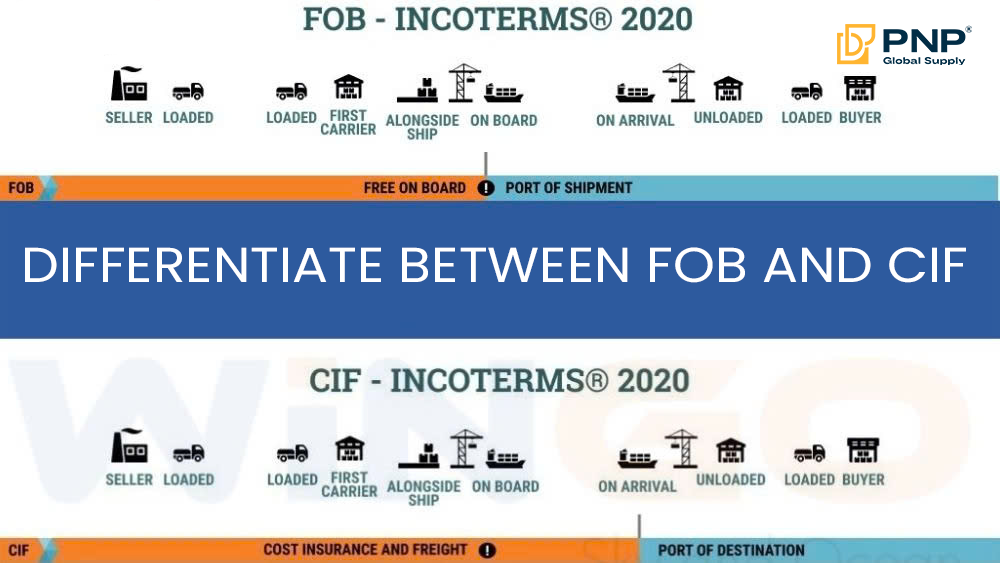
How Shipping Terms Influence Charcoal Wholesale Price
The choice between CIF and FOB significantly affects the charcoal wholesale price. With CIF, the total cost per ton of charcoal is usually higher because shipping and insurance fees are already included. However, this can be beneficial for small to medium charcoal importers who don’t have direct shipping connections or experience in handling freight documentation.
By contrast, FOB offers a lower base charcoal price, but importers must cover the rest of the shipping journey. This option is more suitable for charcoal wholesalers importing in bulk or those who already have preferred logistics partners.
When importing from a charcoal factory in Vietnam, buyers often receive quotations for both CIF and FOB terms. A CIF quote might seem higher upfront, but it provides peace of mind — all logistics and risks are handled by the exporter. In contrast, a FOB deal might reduce initial costs but requires buyers to take full control of shipping, which could involve hidden expenses if not managed carefully.
CIF for Charcoal Importers: Pros and Cons
For many charcoal importers, especially those new to global sourcing, CIF offers a convenient and secure option. Here are its key advantages and drawbacks:
Advantages:
- Less responsibility: The seller handles all shipping arrangements, documentation, and insurance.
- Predictable cost: The total price includes transportation and insurance, helping importers manage budgets more effectively.
- Reduced risk: The exporter bears the risk of damage or loss during transit until the charcoal reaches the port of destination.
Disadvantages:
- Higher charcoal wholesale price due to added logistics costs.
- Limited control over the shipping process and freight schedule.
- Potential lack of transparency in shipping costs and insurance terms.
For instance, a CIF shipment of Vietnamese charcoal from a factory in Bình Phước or Bến Tre may cost slightly more per ton, but importers gain convenience and reliability. This option is especially appealing when ordering pre-packed charcoal packages ready for retail or restaurant use.
FOB for Charcoal Importers: Pros and Cons
For seasoned charcoal wholesalers or large distributors, FOB can be the more cost-effective and flexible choice.
Advantages:
- Lower base price: Since sellers are only responsible up to loading at the port, the charcoal price is often cheaper under FOB terms.
- More control: Importers can choose preferred freight carriers, negotiate rates, and optimize delivery schedules.
- Transparency: Buyers have full visibility of logistics and shipping costs.
Disadvantages:
- Higher risk: Once the goods are on board, all responsibilities — including insurance and customs handling — fall on the buyer.
- Requires experience: Importers need knowledge of international logistics, insurance procedures, and freight booking.
A FOB deal makes sense for importers who have regular shipments of Vietnamese charcoal or other types of charcoal, such as mangrove, coffee, or white charcoal. It provides flexibility in shipment planning and long-term freight cost optimization.
CIF vs FOB in Vietnamese Charcoal Export
Vietnam is one of the world’s top charcoal suppliers, known for consistent quality and competitive pricing. Exporters often offer both CIF and FOB options to meet the diverse needs of buyers.
For example:
- A FOB price for Vietnamese charcoal might range between $380–$420 per ton at the Ho Chi Minh port.
- The same shipment under CIF terms could reach $450–$480 per ton, depending on the destination port and freight rates.
Although the CIF deal looks more expensive, it often saves importers from the hassle of coordinating freight, securing insurance, and handling customs delays. For buyers new to importing charcoal packages or mixed types of charcoal, CIF provides a simpler entry point into international trade.
Meanwhile, experienced charcoal importers might prefer FOB terms when ordering directly from a charcoal factory, especially if they are importing large quantities or managing multiple containers monthly.
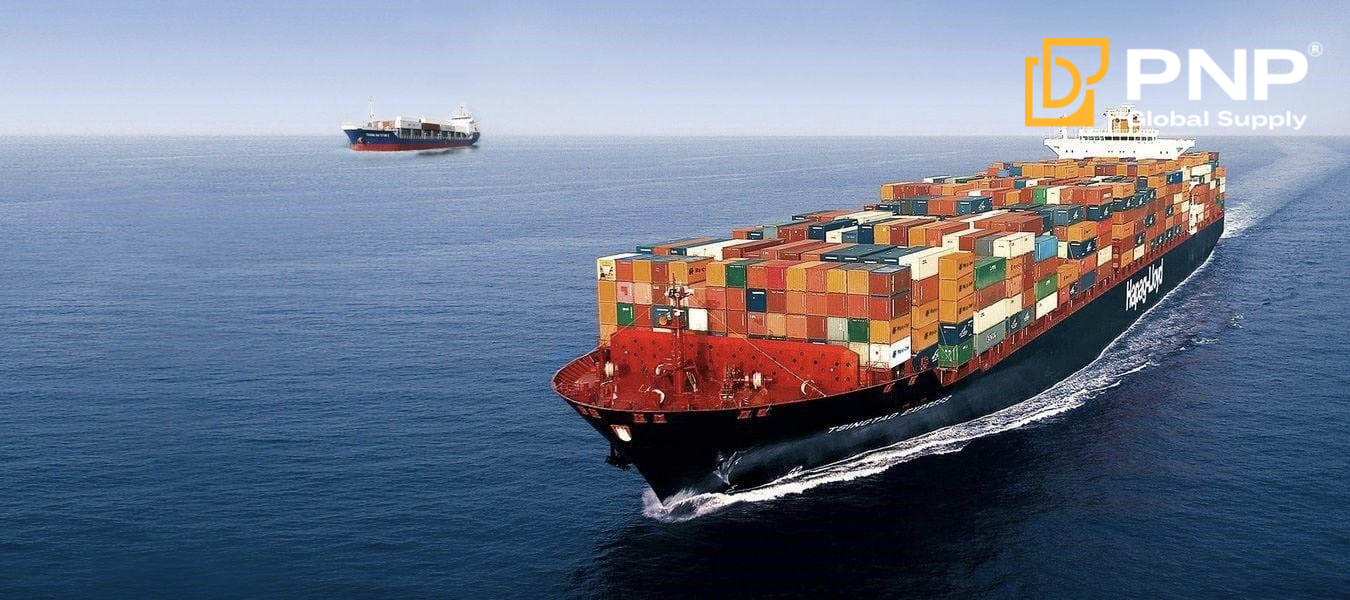
Factors to Consider When Choosing CIF or FOB
Before finalizing an order, charcoal importers should evaluate the following factors:
- Experience level: Beginners often find CIF easier to manage, while experienced buyers prefer FOB for cost control.
- Order volume: Smaller shipments benefit from CIF convenience, whereas bulk orders under FOB can significantly reduce costs.
- Destination logistics: If the destination country has complex customs or limited shipping infrastructure, CIF might be safer.
- Supplier reliability: Working with trusted Vietnamese charcoal factories ensures product consistency and transparent pricing.
- Types of charcoal: Denser varieties like white charcoal or coffee charcoal may have different freight rates, affecting total cost.
Each of these factors plays a crucial role in determining which trade term — CIF or FOB — yields the better deal for a given shipment.
Negotiating the Best Charcoal Wholesale Price
To secure the most competitive charcoal wholesale price, importers should always request quotations for both CIF and FOB terms. Comparing the two helps identify hidden fees and negotiate more effectively.
When dealing directly with a charcoal factory, buyers can:
- Ask for detailed cost breakdowns, including packing, freight, and insurance.
- Request discounts for large charcoal packages or recurring monthly orders.
- Clarify the types of charcoal available — such as mangrove, eucalyptus, or coffee charcoal — since material type influences pricing and shipping weight.
Moreover, collaborating with established charcoal wholesalers or Vietnamese exporters allows importers to access flexible terms, quality assurance, and timely shipment updates — all key to maintaining stable supply chains.
If you want to explore the current charcoal prices and compare different types such as Mangrove, Eucalyptus, or Coffee Charcoal, check out our detailed guide in the following article: Charcoal price per ton in 2025: What global buyers should know
Which Option Is Better for Charcoal Importers?
Ultimately, there’s no one-size-fits-all answer to the CIF vs FOB debate. The better deal depends on your business model, shipping knowledge, and logistical preferences.
- Choose CIF if you want convenience, predictable costs, and minimal logistics management. It’s ideal for small businesses or first-time charcoal importers entering the market.
- Choose FOB if you aim for better cost efficiency, control over logistics, and long-term savings on bulk orders. This suits large charcoal wholesalers and distributors with established networks.
At PNP Charcoal, we’re committed to providing high-quality charcoal products and reliable export services to our global partners. With years of experience in supplying premium Mangrove, Coffee, and Coconut Charcoal, we ensure consistent quality, competitive pricing, and professional support throughout every shipment. Whether you prefer CIF or FOB terms, our team is ready to assist you with smooth documentation, on-time delivery, and excellent customer care.
Visit our website PNP Charcoal to explore our full product range and learn more about our export services.
Conclusion
For today’s charcoal importers, choosing between CIF and FOB is more than just a pricing decision — it’s about balancing convenience, control, and risk management. CIF ensures safety and simplicity, while FOB empowers buyers to manage costs more precisely.
Whether you’re sourcing Vietnamese charcoal from a reputable charcoal factory or purchasing through international charcoal wholesalers, understanding these terms will help you negotiate smarter and achieve the most favorable charcoal wholesale price.
As global demand for sustainable types of charcoal continues to grow, making the right shipping choice could be the key to your business success. Partner with reliable Vietnamese exporters today and discover which deal truly brings the best value to your charcoal import operations.
________________________________
Contact us for more information
Facebook: PNP Charcoal
Instagram: PNP Charcoal
Email: info@pnpglobalsupply.com

